Opportunities to attract foreign investment from Decree 69
Decree 69, effective from May 19, 2025, marks an important turning point in the policy of attracting foreign capital to the banking sector.
Accordingly, at commercial banks participating in the compulsory transfer program (except for banks in which the State holds more than 50% of charter capital), the ownership ratio of foreign investors is allowed to increase from a maximum of 30% to 49%.
This opens up opportunities for banks such as MB, HDBank and VPBank – which are participating in the transfer program – to raise the foreign ownership ceiling, attracting more strategic capital from outside.
Experts say the new regulations not only create conditions for effective capital mobilization, but also support banks in consolidating their financial capacity, increasing the capital adequacy ratio (CAR) and promoting the restructuring of the banking system, especially for weak credit institutions.
In a newly released report, ACB Securities Company (ACBS) emphasized that Decree 69 will help banks have a legal basis to issue shares to foreign shareholders when there is a need to increase capital to support the banks receiving the transfer.
For example, MB is planning to contribute up to VND5,000 billion to MBV Bank during the restructuring period, while other banks are also preparing similar plans.
Along with that, the capital increase will contribute to improving the CAR ratio, in the context that the transferee banks are granted very high credit growth limits, from 20% to 30% per year.
For example, HDBank has a fairly high CAR (about 14%) but depends heavily on Tier 2 capital bonds, so it can consider increasing Tier 1 capital to reduce long-term capital costs.
VPBank also has a similar CAR and has not used many Tier 2 instruments, so the pressure to increase capital is not urgent. In contrast, MB has a lower CAR (about 10%) and has not issued Tier 2 capital, so it is likely to have to increase capital in the near future. However, the State ownership ratio at MB may be a barrier due to concerns about dilution.
Regarding ownership status, according to data from the Vietnam Securities Depository (VSD), as of March 13, 2025, foreign investors are holding more than 1.4 billion MB shares, accounting for 23.24% of charter capital, and this bank currently has no foreign strategic shareholders.
At HDBank, the foreign room was proactively reduced from 20% to 17.5%, with foreign investors holding 605.5 million shares, equivalent to 17.25% of capital. Similarly, VPBank recorded foreign investors' ownership ratio at 24.87%, equivalent to 1.97 billion shares.
Up to now, all three banks have not reached the foreign ownership limit, both according to the law (30%) and according to internal regulations (many banks have locked their room at a lower level), showing that there is still a lot of room to attract more foreign capital in the coming time - especially when the ownership ceiling can be raised to a maximum of 49% according to new regulations.
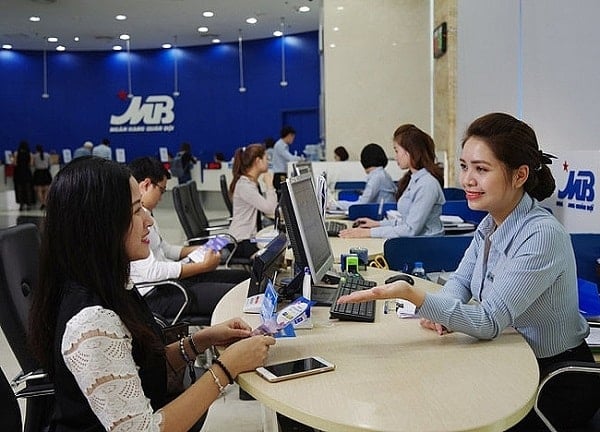
Short-term impact is limited
Although the foreign room expansion is considered a positive policy, its effectiveness in the short term is still limited. According to ACBS, the decisive factor lies not only in the policy but also depends on the capital increase needs of each bank, the state ownership ratio and cash flow from foreign investors.
In the current context, when foreign investors still maintain the trend of net selling of bank stocks, the actual impact of this policy is not clear. However, in the medium and long term, raising the foreign ownership limit to 49% is expected to help banks attract more capital from international investors, especially strategic shareholders.
Of the three banks mentioned, VPBank currently has a foreign strategic shareholder, SMBC (Japan), which also owns 50% of FE Credit. Although it has a CAR ratio equivalent to HDBank and relies largely on Tier 2 capital, VPBank is not currently under urgent pressure to increase capital in the short term.
With the foreign room ratio currently at 24.87%, this bank can take advantage of the new policy to increase its ownership ratio if there is a need to raise capital, expand strategic cooperation or divest from subsidiaries.
At the recent General Meeting of Shareholders, Chairman of the Board of Directors Ngo Chi Dung emphasized: “The foreign room on the stock exchange has not been exhausted but can be exhausted at any time (according to the old regulation, it is 30%). The room being expanded to 49% is very important, helping us have more conditions and opportunities to increase the ownership ratio of strategic partners or invite new investors.”
For MB, Chairman of the Board of Directors Luu Trung Thai said that expanding foreign room is "not too important" for the bank, because the core goal is still the internal strength of the business.
He said that MB has attracted the attention of many investment funds in recent times, receiving many constructive comments and information from investors with high requirements for information transparency - something that MB also has a great responsibility to meet. MB currently has major shareholders who are state-owned corporations, especially Viettel - playing a central role in the bank's business ecosystem.
Meanwhile, HDBank is the only bank among the three that does not have a foreign strategic shareholder and is actively seeking a suitable partner. ACBS believes that HDBank is likely to expand its foreign ownership ratio soonest, due to the increasingly urgent need to increase Tier 1 capital.
According to HDBank's charter, the foreign room is currently only 0.65%, while the maximum room according to the law is still 13.15%. If it finds a strategic shareholder holding about 15-20% of shares, the bank can completely open the room and implement the capital increase plan in the near future. ACBS assessed that this move will have a positive impact on HDBank's stock price.
Notably, at the 2025 Annual General Meeting of Shareholders, HDBank made its mark when it announced its plan to establish the HD Financial Group. This model will merge many member units such as Vikki Digital Bank, HD SAISON, HD Securities, HD Insurance, HD Capital and Dong A Money Transfer.
The synergy between components not only helps HDBank expand its multi-layered financial ecosystem, but also creates a solid foundation for its digital transformation strategy and sustainable growth goals in the future.
Source: https://baodaknong.vn/room-ngoai-duoc-nang-len-49-ngan-hang-nao-se-tien-phong-253191.html



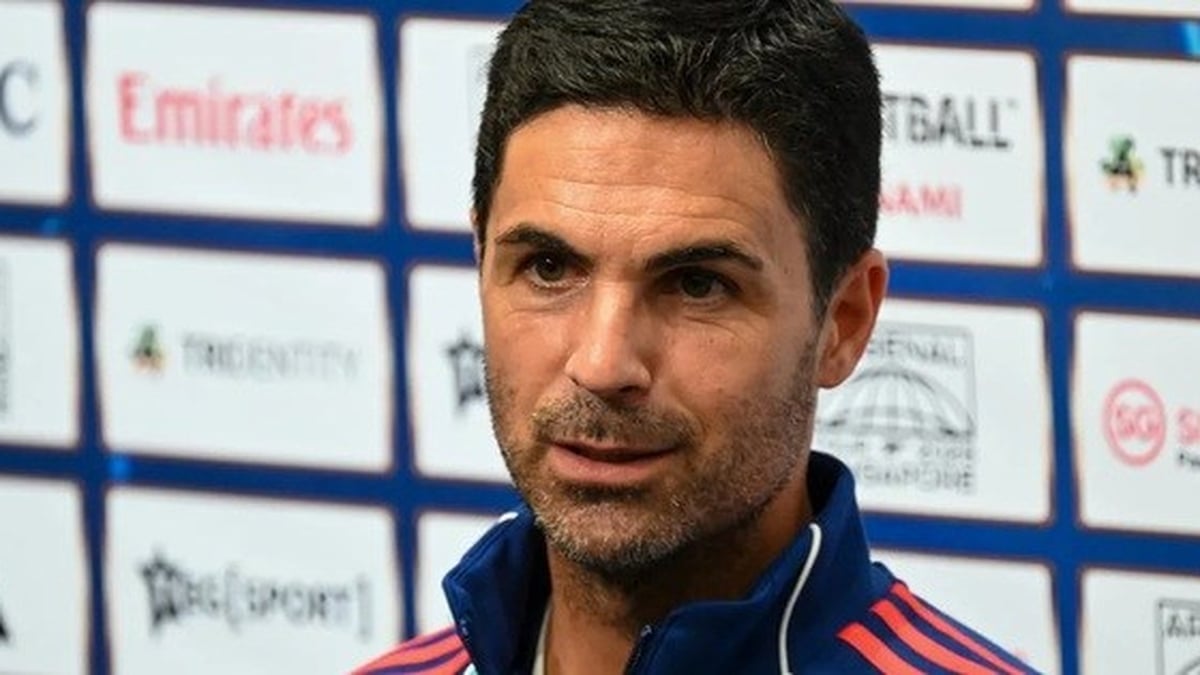
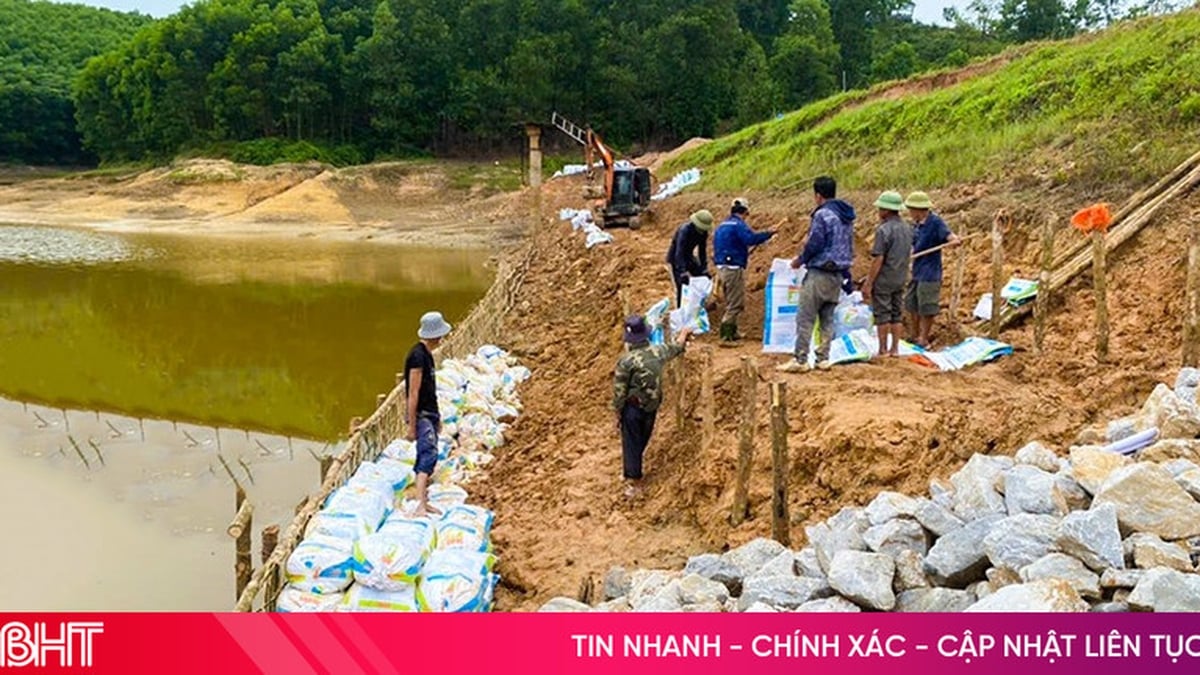


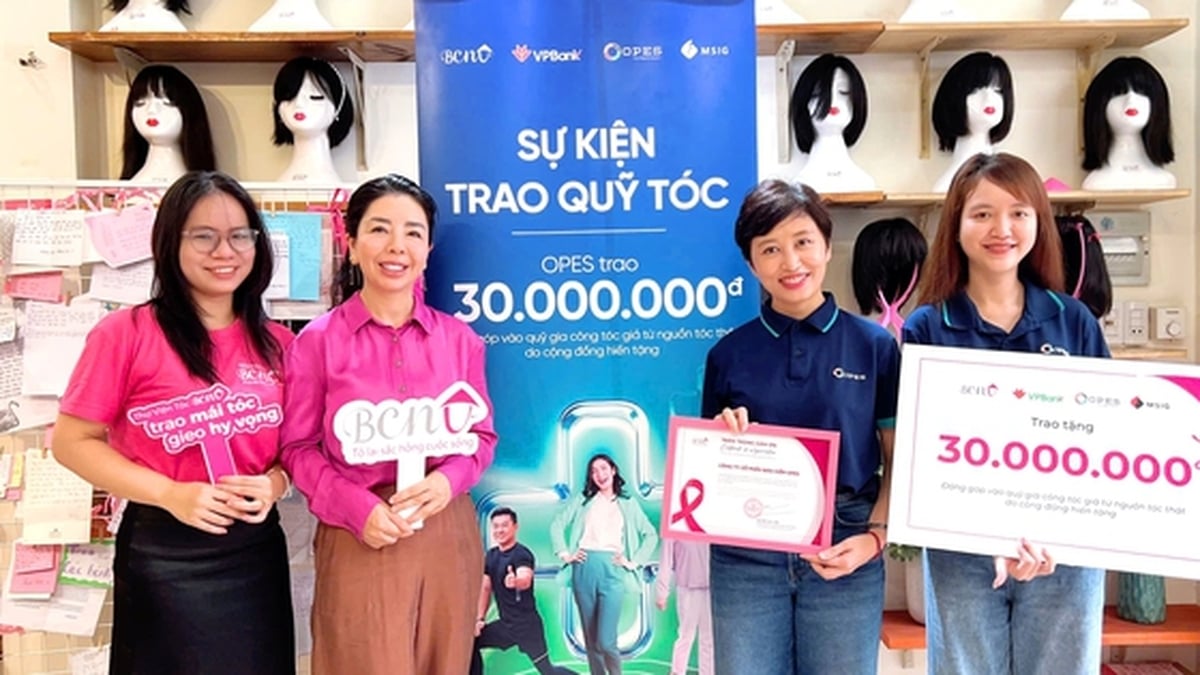

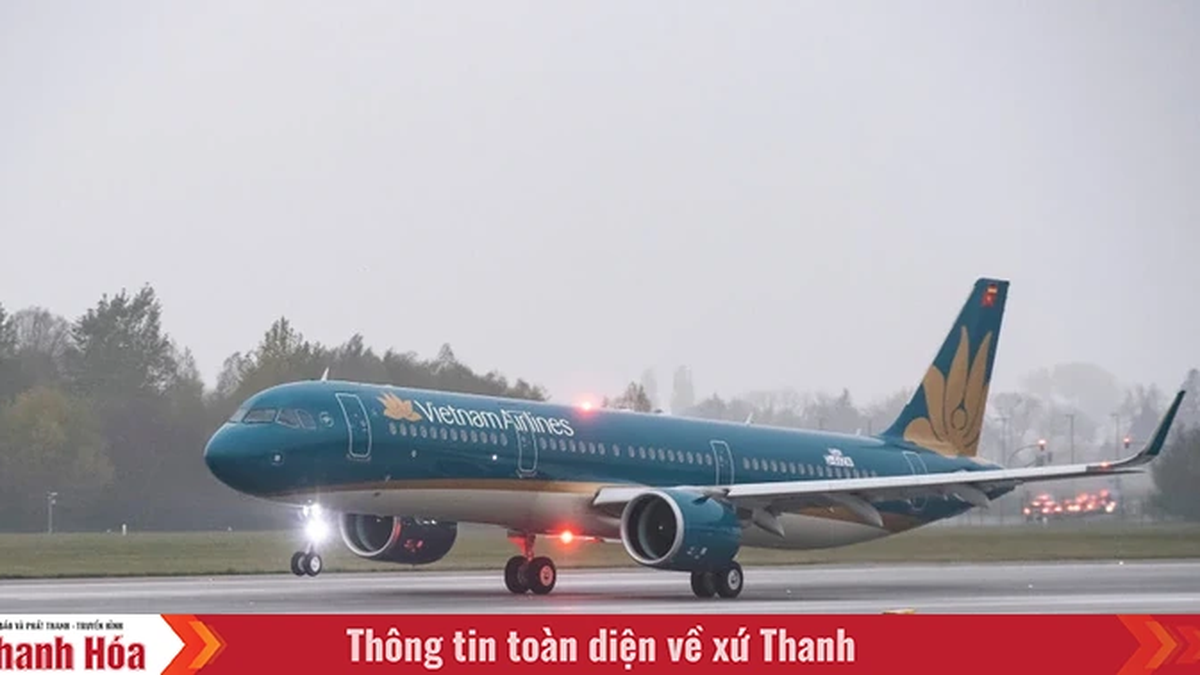
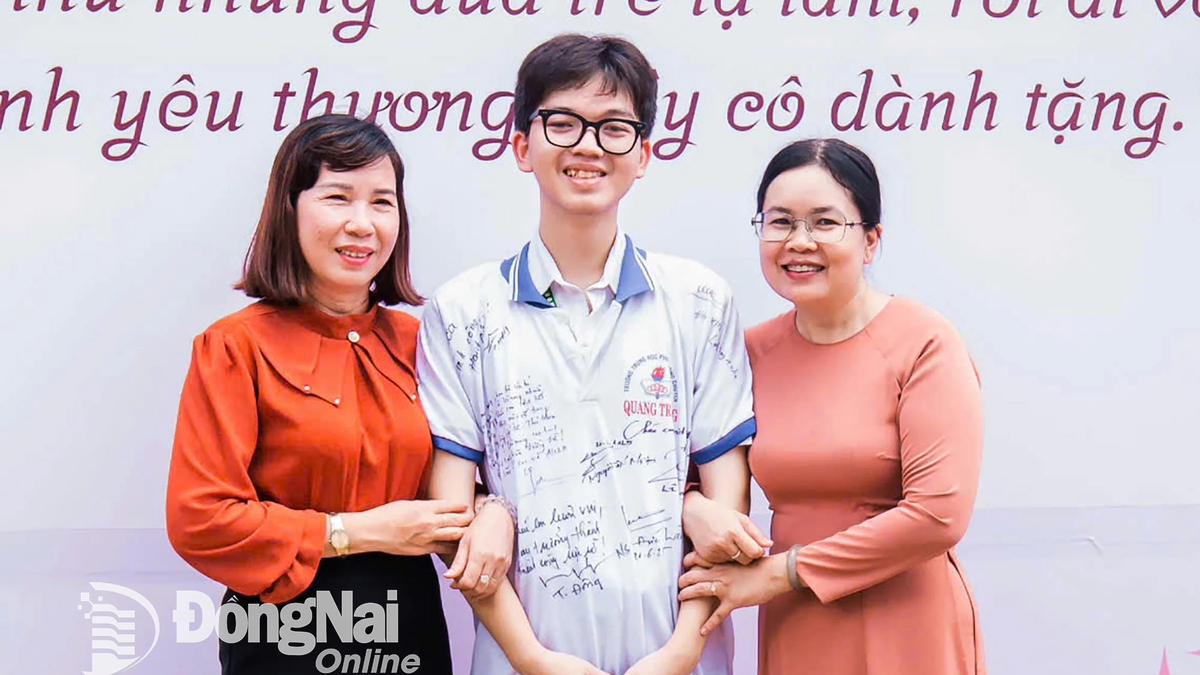
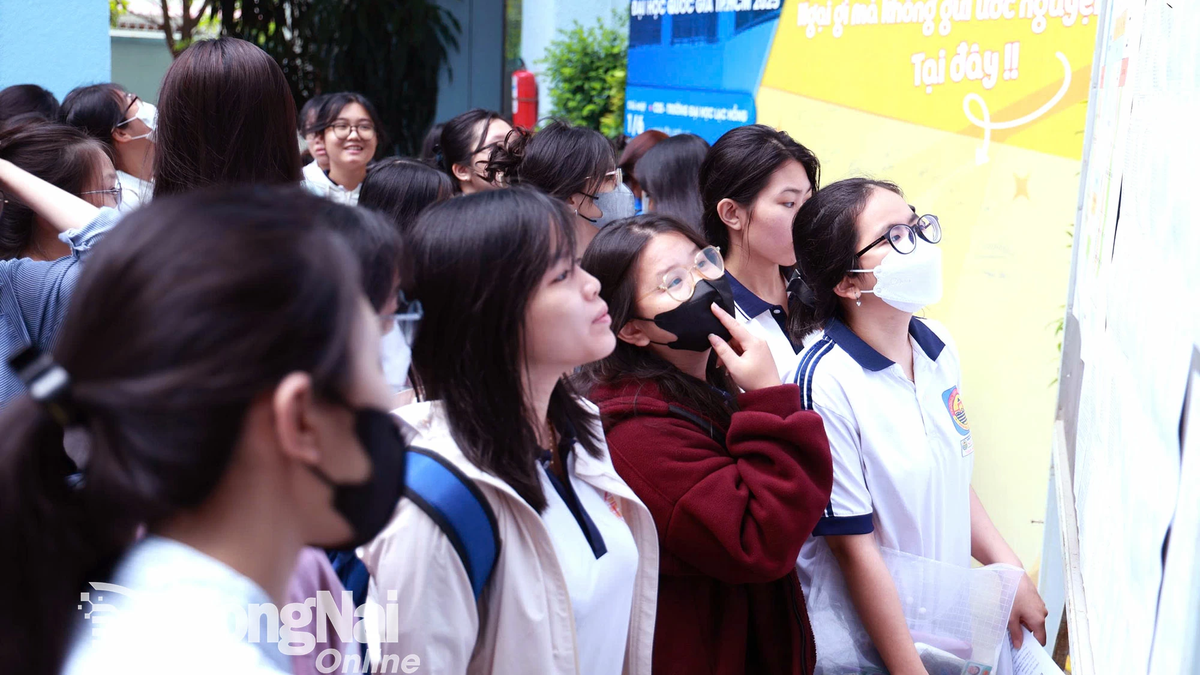

















![[Photo] National Assembly Chairman Tran Thanh Man visits Vietnamese Heroic Mother Ta Thi Tran](https://vphoto.vietnam.vn/thumb/1200x675/vietnam/resource/IMAGE/2025/7/20/765c0bd057dd44ad83ab89fe0255b783)
















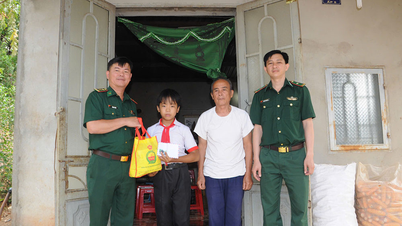


















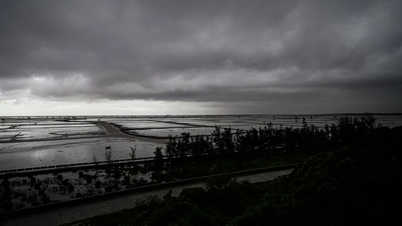



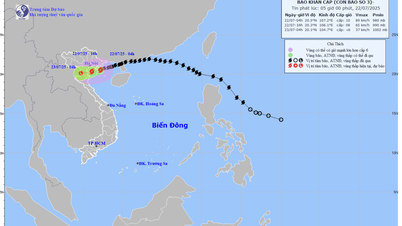


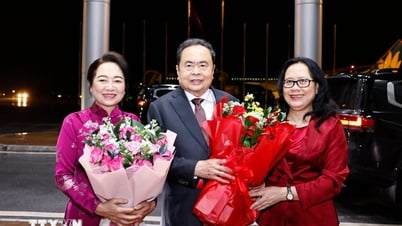




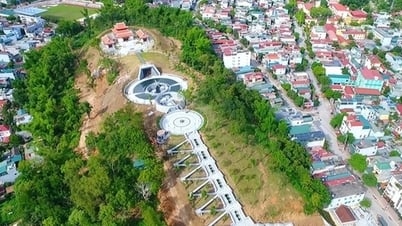
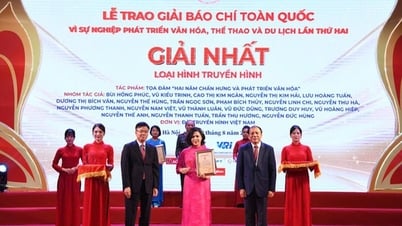


























Comment (0)